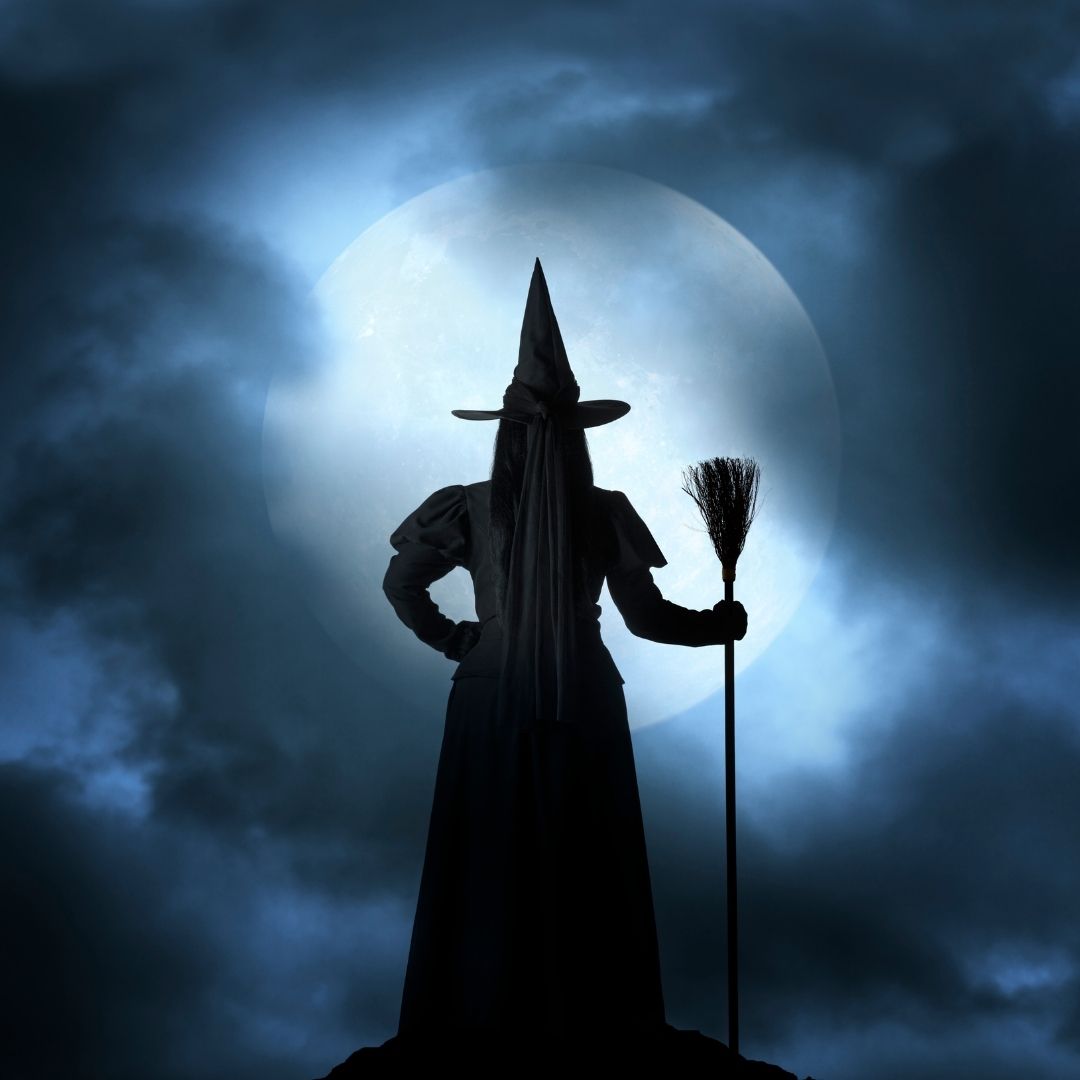✨ Support Small, Shine Big! ✨
💌 40% off with code BLOOMS40 on She Loves Blooms Jewellery 🌈
🛍️ Free AUS SHIPPING OVER $160🌻

Halloween is a time for trick and treating, jack-o-lanterns and dressing up. This ancient festival can be traced back to the ancient Celtic festival known as Samhain. It was believed that dead souls returned to their homes on that day. And people started to wear costumes and light bonfires to repel the spirits.
One of my all-time favourite Halloween costumes is the Witch. She is a powerful representation of female empowerment. This wasn’t the case centuries ago, and many wise women professions were often misunderstood for witchcraft due to ignorance and superstitions.
During King James VI and I reign (1567-1625), his obsession with witchcraft amplified after the execution of his mother, Mary Queen of Scots. When sailing back to Scotland from Denmark, there was a violent storm, and he blamed the storm on witches. This resulted in the torture and execution of thousands through sanctioned witch hunts, and a vast majority who suffered and were executed were women.
Single women, widows and older women were highly targeted. Under torture, many women captured confessed to strange doings. They were then executed by burning at stake or hanging after prolonged torture. The witches hysteria led to the killing of up to 80,000 people between the 1500s and 1660s in Europe. This was tragic period for women who were wrongly accused and couldn’t speak out in their defence.
Recently, there has been growing support for the injustices for these wrongly accused women in Scotland. A pardon application has been submitted to the Scottish Parliament to seek redress for these women. Through my research, I came across a super interesting online podcast, Witches of Scotland, have you heard of it? Hosts Claire Mitchell QC and Zoe Venditozzi bring in interviews from historians, lawmakers, and stories of those accused of witchcraft. When you have a moment, do check out this interesting podcast!
Witchcraft still exists today in certain societies across the world. In some sub-Saharan African countries, witchcraft is still a firmly held superstition. Here are a few reasons why:
Some communities in Tanzania, Ghana and South Africa, still hold on to deep entrenched superstitious beliefs. These communities believe witchcraft is responsible for various misfortunes in a society, like financial troubles, drought, illnesses.
The continuous blame game of those practicing witchcraft warrants punishment by the community, which can be harrowing, i.e. being buried alive, stoned to death, mob justice, hanging. The most vulnerable and marginalised people have been highly targeted because they can’t fight or defend themselves. Most of them are women, older women.
According to Tanzania’s Annual Human Rights report, 630 people were killed due to accusations of witchcraft in 2012. In 2013, the number went up to 765, with 505 being women.
Education and awareness in these societies will help address issues surrounding witchcraft and stamp out outdated beliefs. Also, protection laws and police enforcement will help protect and prevent killing those affected by such beliefs.
Witchy Halloween Hoot Brooch
We curated this Witchy Hoot Brooch to celebrate Halloween and encourage female empowerment and protection of women around the world.

Comments will be approved before showing up.